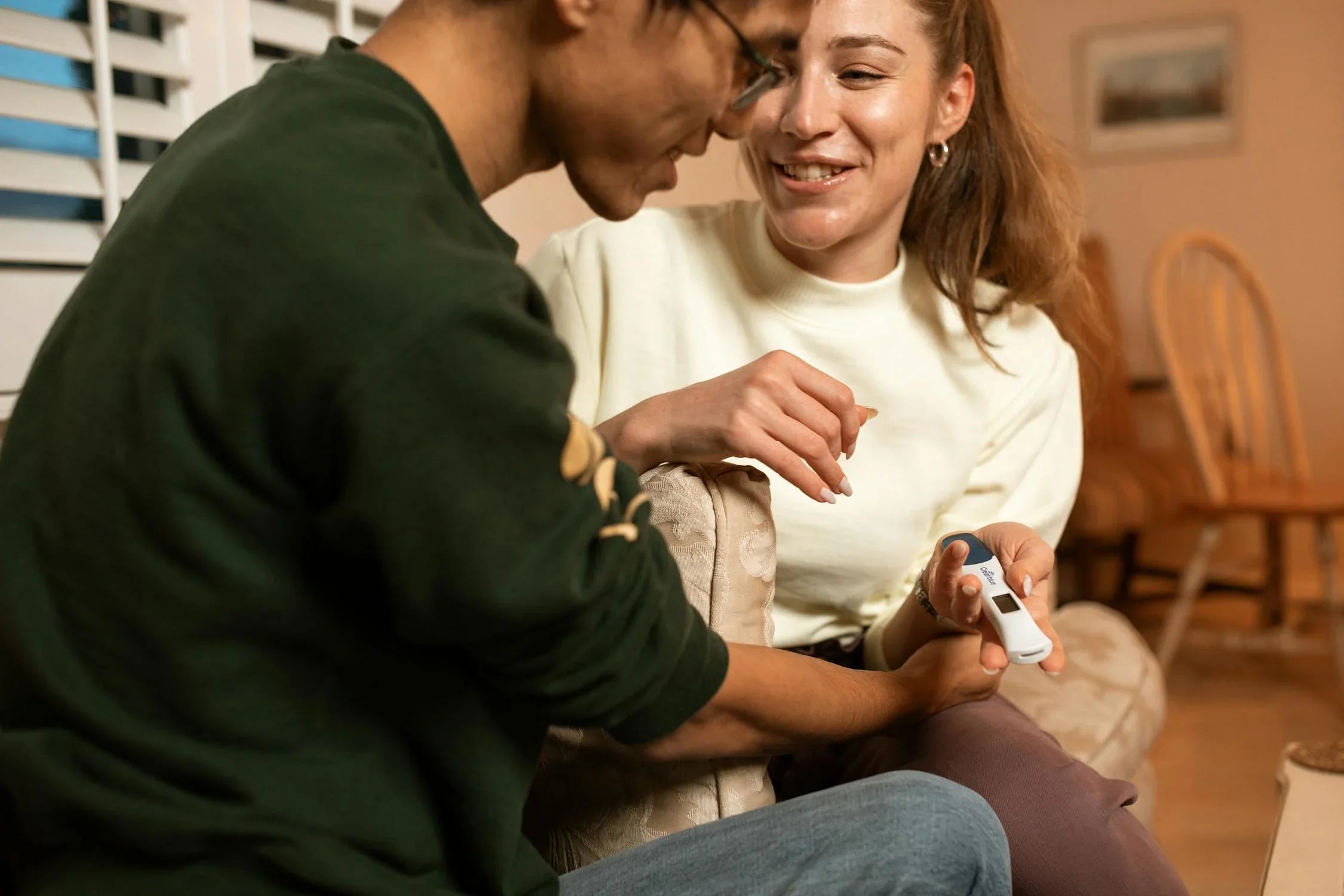Home
Pregnancy, Breastfeeding, and Pumping: The Ultimate Guide for Moms
What Is the Earliest You Can Do a Pregnancy Test?

What Is the Earliest You Can Do a Pregnancy Test?
Are you wondering when you can take a pregnancy test and get accurate results? The anticipation of finding out whether you're pregnant can be both exciting and nerve-wracking. Knowing the earliest time to test can help you plan and prepare for the next steps. This article dives into the science behind pregnancy tests, the factors that affect their accuracy, and the best time to take one for reliable results.
How Pregnancy Tests Work
Pregnancy tests detect the presence of a hormone called human chorionic gonadotropin (hCG) in your urine or blood. This hormone is produced by the placenta shortly after a fertilized egg attaches to the uterine lining. The levels of hCG increase rapidly in the early stages of pregnancy, doubling approximately every 48 to 72 hours.
Most home pregnancy tests are designed to detect hCG in urine. These tests are convenient, affordable, and easy to use. Blood tests, on the other hand, are typically performed in a healthcare setting and can detect pregnancy earlier than urine tests. However, they are less commonly used for routine testing.
When Can You Take a Pregnancy Test?
The earliest you can take a pregnancy test depends on the sensitivity of the test and the timing of implantation. Implantation usually occurs 6 to 12 days after ovulation. Once implantation happens, hCG levels begin to rise, and a pregnancy test can detect the hormone shortly after.
Most home pregnancy tests claim to provide accurate results as early as the first day of your missed period. However, some highly sensitive tests can detect hCG levels as low as 10 mIU/mL, which may allow you to test as early as 7 to 10 days after ovulation. Keep in mind that testing too early can result in a false negative, as hCG levels may not yet be high enough to detect.
Factors That Affect Test Accuracy
Several factors can influence the accuracy of a pregnancy test, including:
- Timing: Testing too early can lead to a false negative. Waiting until after your missed period increases the likelihood of accurate results.
- Test Sensitivity: Tests with lower hCG detection thresholds can provide earlier results.
- Urine Concentration: Using first-morning urine, which is more concentrated, can improve test accuracy.
- Medications: Certain medications, such as fertility drugs containing hCG, can affect test results.
- Medical Conditions: Conditions like ectopic pregnancy or certain types of cancer can produce hCG and lead to false positives.
Tips for Taking a Pregnancy Test
To maximize the accuracy of your pregnancy test, follow these tips:
- Read the instructions carefully and follow them precisely.
- Use first-morning urine for the most concentrated hCG levels.
- Wait until after your missed period to test, unless using a highly sensitive test.
- Avoid drinking excessive fluids before testing, as this can dilute your urine.
- If you receive a negative result but still suspect you're pregnant, wait a few days and retest.
What to Do After a Positive Test
If your pregnancy test is positive, it's important to confirm the result with a healthcare provider. They may perform a blood test or ultrasound to confirm the pregnancy and assess its viability. Early prenatal care is crucial for the health of both you and your baby.
During your first prenatal visit, your healthcare provider will discuss your medical history, perform a physical exam, and recommend necessary tests and supplements. They will also provide guidance on lifestyle changes, such as diet, exercise, and avoiding harmful substances.
When to Seek Medical Advice
While most pregnancy tests are accurate, there are situations where you should seek medical advice:
- If you experience severe abdominal pain or heavy bleeding, as these could indicate a miscarriage or ectopic pregnancy.
- If you receive conflicting results from multiple tests.
- If you have a medical condition or are taking medications that could affect the test results.
- If you have concerns about your fertility or reproductive health.
Your healthcare provider can help address your concerns and provide appropriate care.
Finding out you're pregnant is a life-changing moment, and knowing the earliest time to take a pregnancy test can help you prepare for the journey ahead. By understanding how pregnancy tests work, the factors that affect their accuracy, and the best time to test, you can increase your chances of getting reliable results. Remember, if you have any doubts or concerns, consult a healthcare professional for guidance and support.
Share
